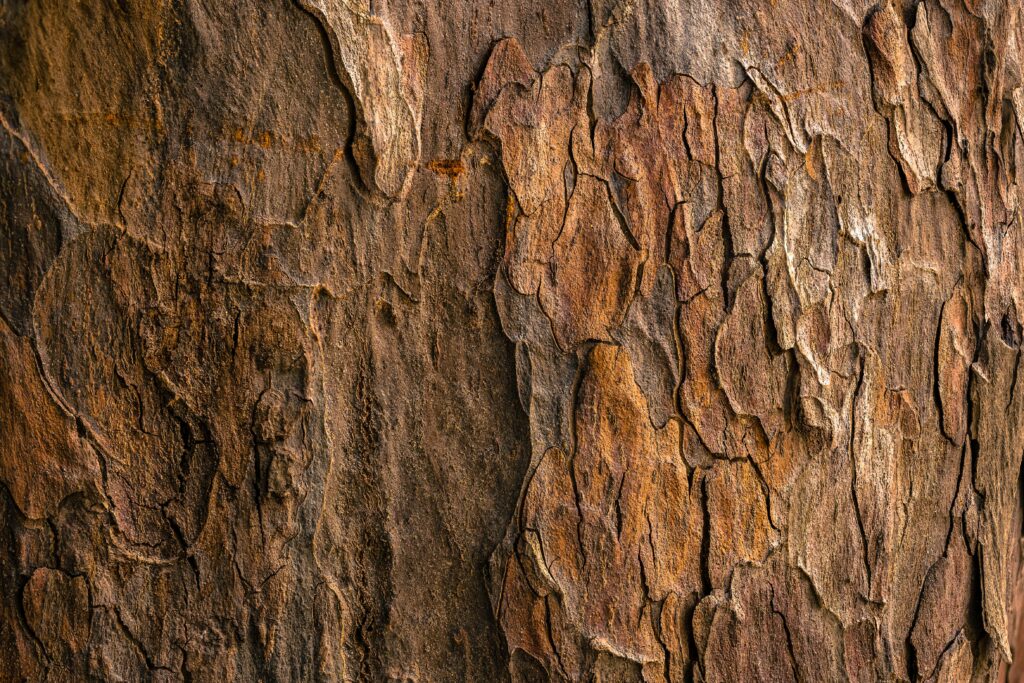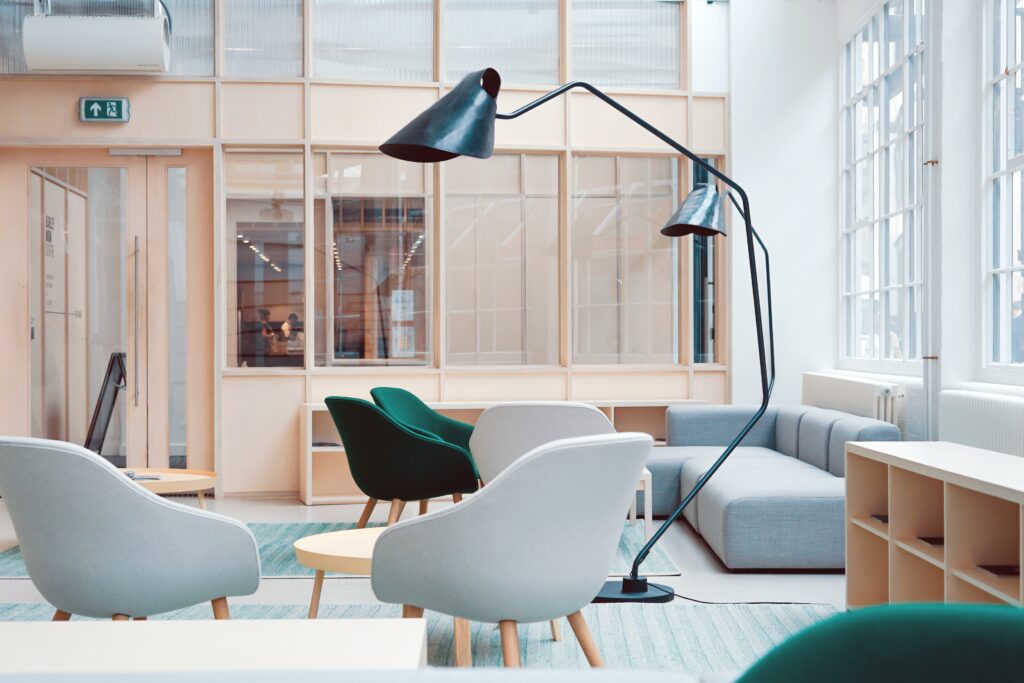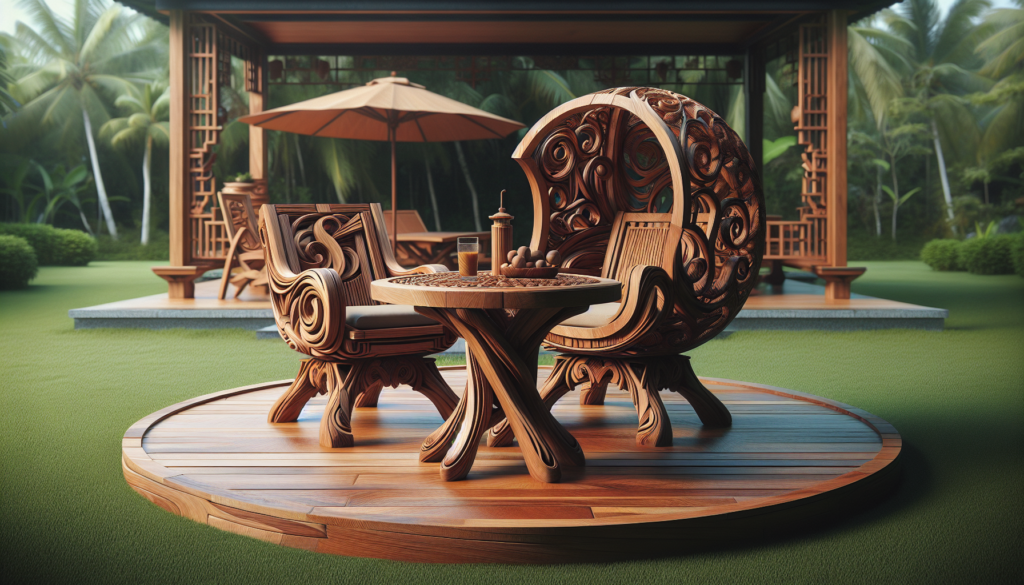Are you looking to add some stylish and durable outdoor furniture to your backyard or patio? If so, you may be wondering what type of wood is the best choice. Well, look no further! In this article, we will explore the different types of wood commonly used for outdoor furniture and highlight the pros and cons of each. With this valuable information, you’ll be able to make an informed decision and select the perfect wood for your outdoor oasis.
Hardwood vs Softwood
When it comes to choosing the right wood for your outdoor furniture, there are two main categories to consider: hardwood and softwood. Each type has its own unique characteristics that can greatly impact the durability, maintenance, and overall appearance of your furniture. In this article, we will explore the characteristics, advantages, and benefits of various hardwood options, including teak, cedar, redwood, mahogany, oak, and eucalyptus. By understanding the qualities of different hardwoods, you can make an informed decision and select the best wood for your outdoor furniture needs.
Characteristics of Hardwood
Hardwood is known for its density, strength, and durability. Unlike softwood, which comes from coniferous trees, hardwood is derived from deciduous trees, such as oak, mahogany, and teak. Due to its tight grain structure, hardwood is less prone to warping and swelling, making it an excellent choice for outdoor furniture that will be exposed to varying weather conditions. Moreover, hardwood has a natural resistance to decay and insects, making it a long-lasting and low-maintenance option for your outdoor space.

Characteristics of Softwood
Softwood, on the other hand, comes from coniferous trees such as pine, fir, and cedar. Despite its name, softwood can still be an excellent choice for outdoor furniture when properly treated and maintained. Softwood is generally lighter in weight compared to hardwood, making it easier to move and maneuver. However, it is important to note that softwood is more susceptible to warping, swelling, and damage from pests if not properly treated. By applying protective coatings and regular maintenance, softwood furniture can still withstand the elements and provide a beautiful addition to your outdoor space.
Popular Hardwood Options
There are several popular hardwood options to consider when selecting wood for your outdoor furniture. Let’s take a closer look at three of the most commonly used hardwoods: teak, cedar, and redwood.
Teak
Teak is often hailed as one of the best hardwoods for outdoor furniture. It is highly sought after for its exceptional durability and resistance to weather elements. Teak contains natural oils and rubber that act as a barrier against moisture, preventing rot, decay, and insect damage. This natural resistance eliminates the need for regular sealing or staining, making teak furniture low maintenance. Additionally, teak develops a beautiful silver-gray patina over time, adding to its aesthetic appeal.
Cedar
Cedar is a popular choice for outdoor furniture due to its natural resistance to insects and decay. It contains natural oils that act as a deterrent to pests, making it an excellent option for those who want to avoid using chemical treatments. Cedar is also known for its attractive grain patterns, which add a touch of elegance to any outdoor space. With proper maintenance and occasional sealing, cedar furniture can withstand the test of time and retain its beauty for years to come.
Redwood
Redwood is prized for its natural resistance to warping, making it an ideal wood for outdoor furniture. Its inherent stability and strength allow it to withstand various weather conditions without losing its shape. Additionally, redwood boasts stunning color variations, ranging from rich reddish-brown to light pink. This natural beauty can enhance the visual appeal of your outdoor furniture. Moreover, redwood is easy to work with, making it a favorite among DIY enthusiasts and professional woodworkers alike.

Advantages of Teak
Teak offers several advantages when used for outdoor furniture. Let’s explore some of its most notable characteristics.
Durability
Teak is renowned for its unmatched durability. With its dense grain and natural oils, teak is able to withstand heavy use and frequent exposure to the elements without losing its strength or structural integrity. This durability ensures that your outdoor furniture will last for many years, making teak a wise investment.
Weather Resistance
Teak’s natural oils and rubber content make it highly resistant to weather elements. Whether it’s scorching heat, heavy rain, or freezing temperatures, teak furniture can withstand it all. This resistance to weather damage ensures that your outdoor furniture will remain in excellent condition even in harsh climates.
Low Maintenance
One of the major advantages of teak furniture is its low maintenance requirement. Unlike other types of wood, teak does not require regular sealing or staining to protect it from moisture or insects. It can be left outdoors year-round without the need for constant upkeep. Additionally, teak develops a beautiful silver-gray patina over time, reducing the need for frequent cleaning or refinishing.
Benefits of Cedar
Cedar offers a range of benefits that make it an excellent choice for outdoor furniture. Let’s explore some of its key advantages.
Natural Insect Repellent
Cedar contains natural oils that act as an effective insect repellent. The scent of cedar is highly unpleasant to insects, making them less likely to infest or damage your outdoor furniture. This natural repellent eliminates the need for chemical treatments, making cedar a healthier and more environmentally-friendly option.
Resistance to Decay
One of the most significant advantages of cedar is its natural resistance to decay. The oils present in cedar wood act as preservatives, preventing rot and decay caused by water exposure. This resistance ensures that your outdoor furniture will remain structurally sound and visually appealing for many years.
Aesthetically Pleasing
Cedar has a distinct grain pattern that adds natural beauty and elegance to outdoor furniture. Its warm tones range from light amber to rich reddish-brown, providing a visually pleasing aesthetic to any outdoor space. Whether you prefer a natural finish or choose to stain it, cedar furniture will enhance the overall look and feel of your outdoor area.

Advantages of Redwood
Redwood offers several advantages that make it an excellent choice for outdoor furniture. Let’s take a closer look at its notable characteristics.
Natural Resistance to Warping
One of the key advantages of redwood is its natural resistance to warping. The stability and dimensional uniformity of redwood make it less susceptible to the effects of moisture and temperature changes. This resistance ensures that your outdoor furniture will maintain its shape and structural integrity over time.
Beautiful Color Variations
Redwood is known for its stunning color variations, ranging from deep reddish-brown to lighter shades of pink. This natural beauty adds warmth and character to any outdoor setting. Whether you prefer a natural finish or choose to apply a protective coating, redwood furniture will create a visually appealing focal point in your outdoor space.
Easy to Work With
Redwood is a woodworker’s dream due to its ease of workability. It has a straight grain and uniform texture, making it effortless to cut, shape, and sand. This ease of workability allows for intricate designs and precise craftsmanship, giving you the flexibility to create unique and customized outdoor furniture pieces.
Other Hardwood Choices
In addition to teak, cedar, and redwood, there are several other hardwood options to consider for your outdoor furniture. Let’s explore the benefits of a few more popular choices: mahogany, oak, and eucalyptus.
Mahogany
Mahogany is prized for its durability and longevity, making it an excellent choice for outdoor furniture. Its density and tight grain make it highly resistant to decay and insects. Mahogany also possesses a rich reddish-brown color that deepens with age, adding a touch of elegance to your outdoor space.
Oak
Oak is known for its strength and durability, making it a popular choice for outdoor furniture. Its attractive grain patterns and warm tones give it a timeless and classic appearance. With proper maintenance, oak furniture can withstand the test of time and retain its beauty for years to come.
Eucalyptus
Eucalyptus offers a range of benefits that make it an attractive choice for outdoor furniture. It is considered an eco-friendly option due to its fast growth and sustainable harvesting practices. Eucalyptus is naturally resistant to decay and rot, making it a long-lasting choice for outdoor furniture. Additionally, eucalyptus is more affordable compared to other hardwoods, making it an accessible option for those on a budget.

Conclusion
When it comes to selecting wood for your outdoor furniture, hardwood options offer exceptional durability, resistance to decay and insects, and a range of aesthetically pleasing characteristics. Whether you choose teak, cedar, redwood, mahogany, oak, or eucalyptus, each hardwood option has its own unique advantages and benefits. Consider your specific needs, preferences, and budget when making your decision. By choosing the right hardwood for your outdoor furniture, you can create a beautiful and long-lasting outdoor space that you can enjoy for years to come.

